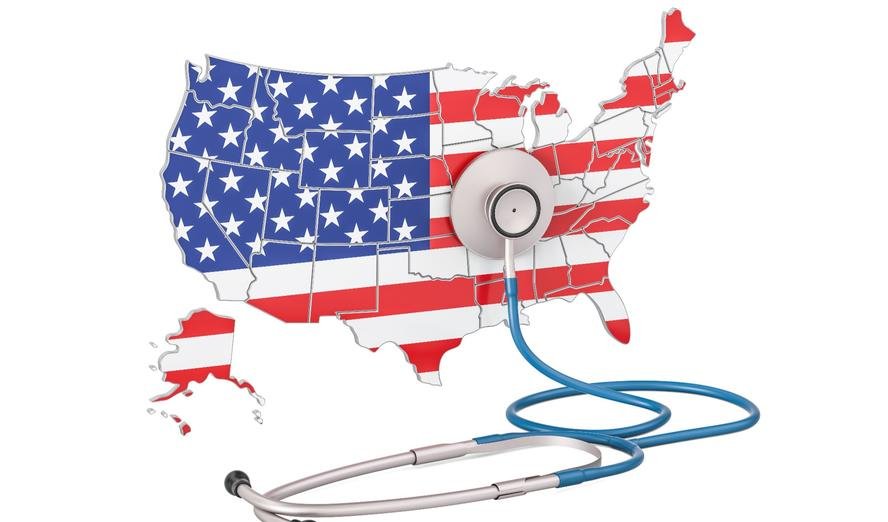
Healthcare executives and health plans are feeling confident going into 2025, in particular because of technologies like generative artificial intelligence, with nearly 60% in a recent survey listing AI and automation as an emerging trend.
Doctors, however, seem to be a bit more apprehensive about the technology, according to a new survey by the American Medical Association (AMA), which examined changes in physician sentiment towards health care AI from August 2023 to November 2024.
In all, the survey had 1,183 respondents, including 464 PCPs, 719 specialists, 307 physician practice owners, and 724 employed physicians, of which 68% reported at least some advantage in patient care, up from 63% in 2023, with 28% saying there was a “definite advantage.”
The vast majority, 66% of physicians, also said they currently use AI in their practice, nearly doubling the 38% who said the same in 2023, while the percentage of non-users dropped in half from 62% to 33%.
Among the areas where physicians believe AI could be helpful were burden and efficiency: 75% believe AI can help with work efficiency, up from 69% in 2023; 72% said diagnostic ability, the same as the year before; 62% said clinical outcomes, compared to 61% in 2023; and 59% cited care coordination, while 57% said the same previously.
Even while adopting the technology, enthusiasm among physicians remains fairly low, however, yet it is growing: 36% of physicians reported feeling more excited than concerned about AI, up from 30% the year prior, while just 25% said they had more concerns than enthusiasm for health, down from 29%. The remaining 40% say they’re equally excited and concerned, with almost no change between 2023 and 2024.
Nearly half, 47%, called for increased oversight of AI-enabled medical devices by governing bodies. such as the FDA.
“The AMA survey illustrates that physicians are increasingly intrigued by the assistive role of health AI and the potential of AI-enable tools to reduce administrative burdens, enhance diagnostic accuracy, and personalize treatments,” AMA Immediate Past President Jesse M. Ehrenfeld, M.D., M.P.H. said in a statement.
“But there remain unresolved physician concerns with the design of health AI and the potential of flawed AI-enabled tools to put privacy at risk, integrate poorly with EHR systems, offer incorrect conclusions or recommendations, and introduce new liability concerns. Increased oversight ranked as the top regulatory action needed to increase physician confidence and adoption of AI.”
(Image source: interactivebrokers.com)















